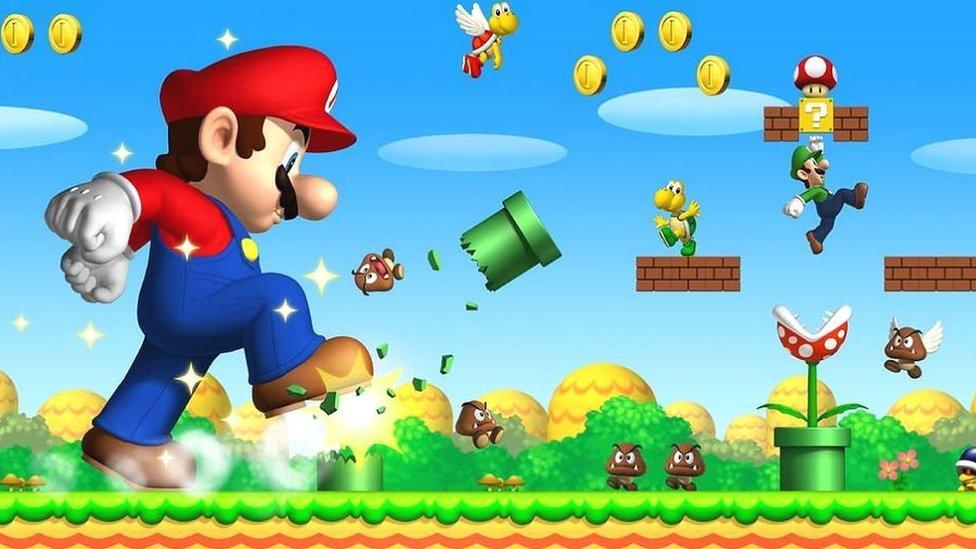Sonic the Hedgehog's teeth and why video game movies struggle
- Published
- comments
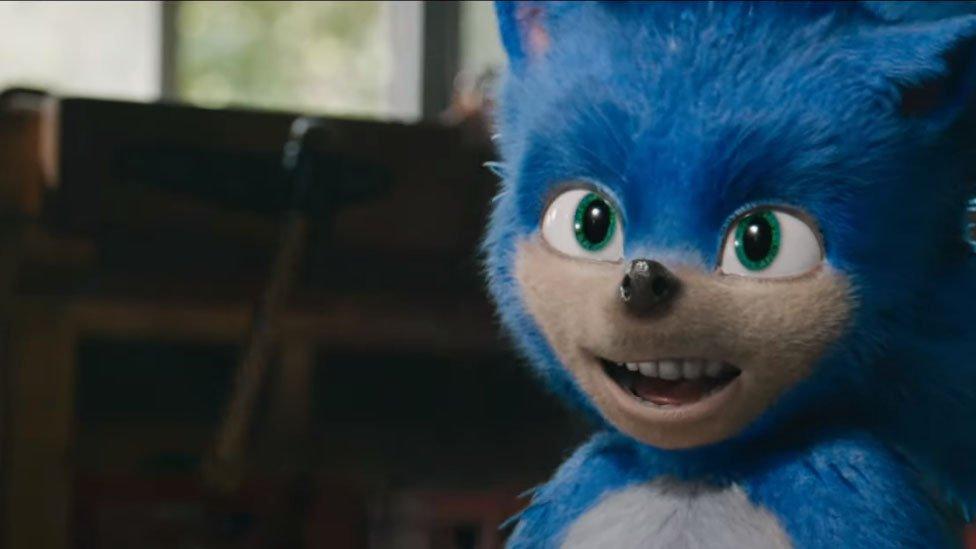
Sonic the Hedgehog's teeth seen in the latest trailer
On the face of it, it's such an obvious idea: take a well-loved video game and bring it to the big screen.
After all, a successful game and a successful movie have so many ingredients in common. Engaging lead characters, a scary villain, a nice easy-to-follow plot about, say, rescuing a princess...
What could possibly go wrong?
Well, judging by the first reactions to the trailer for Paramount's upcoming Sonic the Hedgehog film, quite a lot.
Allow X content?
This article contains content provided by X. We ask for your permission before anything is loaded, as they may be using cookies and other technologies. You may want to read X’s cookie policy, external and privacy policy, external before accepting. To view this content choose ‘accept and continue’.

Now of course that's Twitter, where the first response to anything tends to be "Why I hate this new thing and why that makes me cleverer than you." (That particular tweet above represents an atypically measured and self-aware example.)
But the reactions to the Sonic trailer really do seem to have been largely negative, with the Guardian memorably describing it as a 200 mile-an-hour slap in the face, external.
The fact that Sonic seems to have developed unnervingly human teeth somewhere along the line seems to freak people out the most.
Allow X content?
This article contains content provided by X. We ask for your permission before anything is loaded, as they may be using cookies and other technologies. You may want to read X’s cookie policy, external and privacy policy, external before accepting. To view this content choose ‘accept and continue’.

But this isn't the first game-to-film crossover to hit choppy waters. For years there's been talk of a "curse" as, time after time, blockbuster games have spawned car-crash crossover films.
It dates all the way back to 1993, when Super Mario Bros became the first true game-to-movie franchise.
Though it's become something of a cult classic, it's widely regarded as - how shall we put this delicately? - something of a challenge for the casual viewer.
So where does the problem lie?
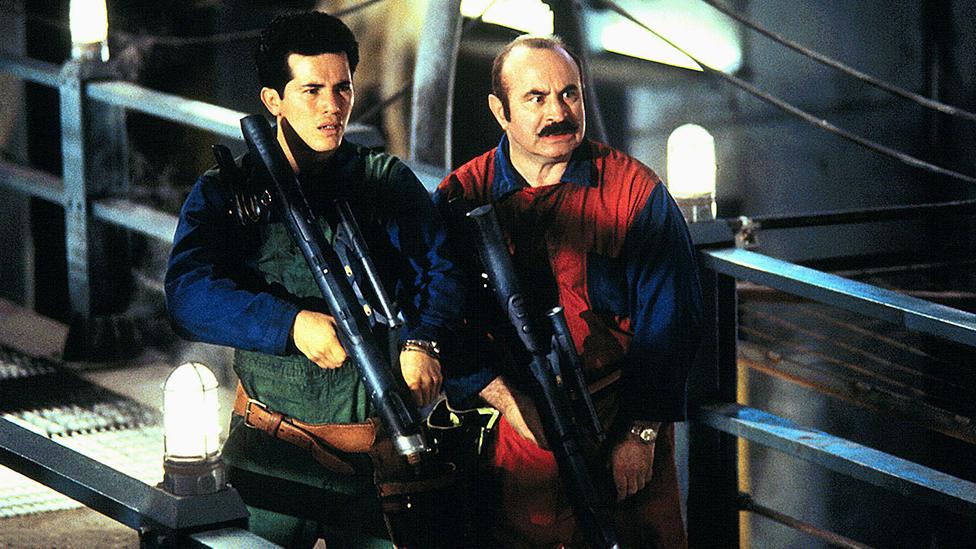
It'sa them: John Leguizamo and Bob Hoskins as Luigi and Mario
Problem: Gamers are possessive about their characters
And rightly so. After all, they spend hours upon hours in their company.
Whether they're pretending to be them or plotting how to defeat them, a gamer has a far more intimate relationship with their beloved characters than all but the most fanatical filmgoer.
Small wonder then, that the sight of a weirdly realistically-rendered Sonic or Pikachu can send gamers into meltdown faster than the water temple in Ocarina of Time.
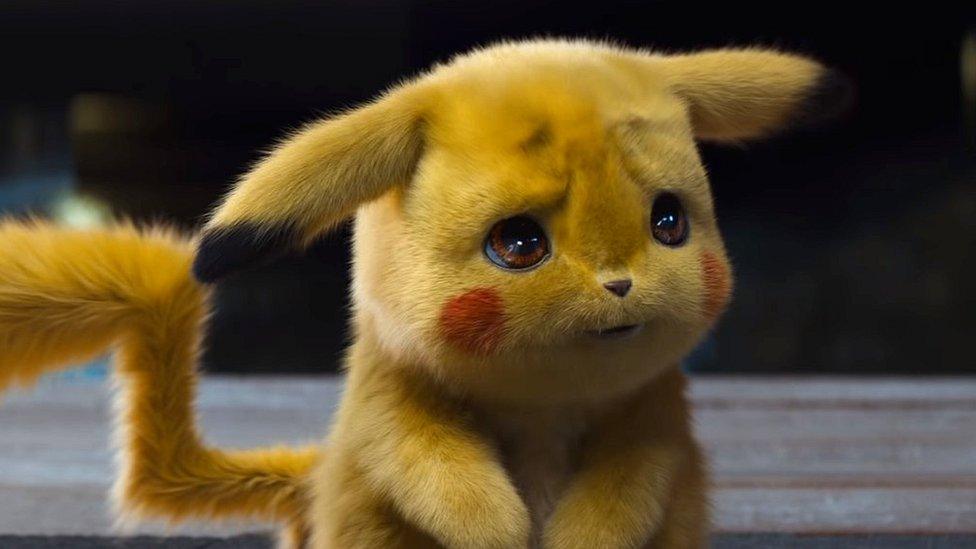
We did warn him not to check Twitter for a few days after the trailer dropped
The same problem was encountered in 1993 when gamers had been merrily hopping through Super Mario World without ever imagining the face or voice of Bob Hoskins, who went on to play the plumber in the film.
Problem: Not all great games have great plots
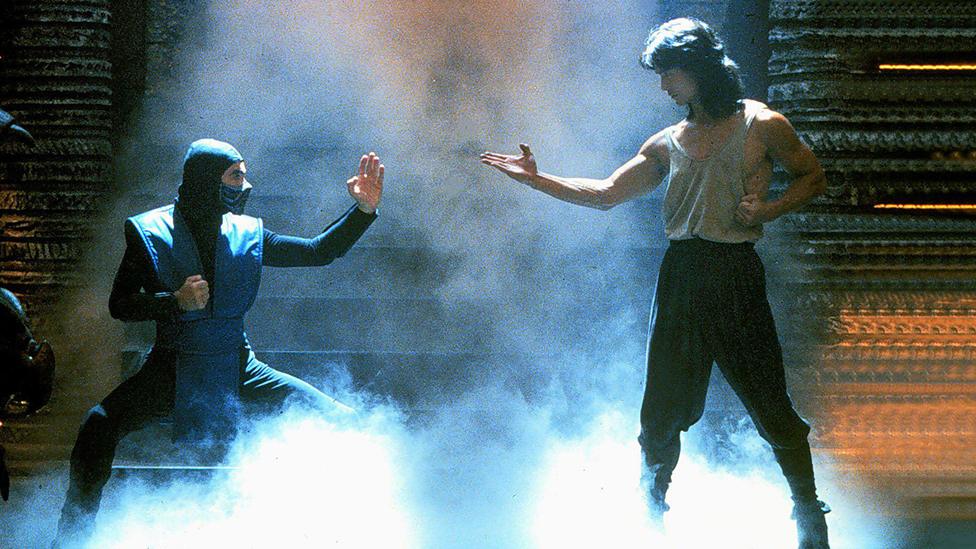
Despite weak reviews, the Mortal Kombat movie in 1995 spawned a sequel
Plot of Mortal Kombat (the game): frantically mash the buttons as you attempt to punch and/or kick your opponent as fast as possible (the game does have some background story in between all the button-bashing).
Plot of Mortal Kombat (the movie): the elder gods have designed a fighting tournament to stop the denizens of the Outworld invading Earth. The god of thunder has chosen three champions to try to defeat demonic shapeshifter Shang Tsung... well, we could go on but you get the general idea.
When a game has a relatively simple plot, filmmakers often end up bolting on numerous bits of backstory and extra content to try to make it filmic. And the original appeal of the game is lost.
Conversely, games with complex narratives can be hard to make into linear films, because so much of their charm lies in side quests and sandbox play. Which leads us on to the last issue...
Problem: Great games are better than great movies anyway
In the end perhaps the answer is a fairly simple one.
Although superficially the formulas for success seem similar, when you go a bit deeper they're actually not.
The art and alchemy of making a great game is subtly but profoundly different to the magic of cinema.
After all, imagine what it's like watching someone else play a game. Don't your fingers start to twitch as you long to grab the controller for yourself?
Passively watching the action unfold just isn't in the DNA of a great game. You want to get involved and make your own choices.
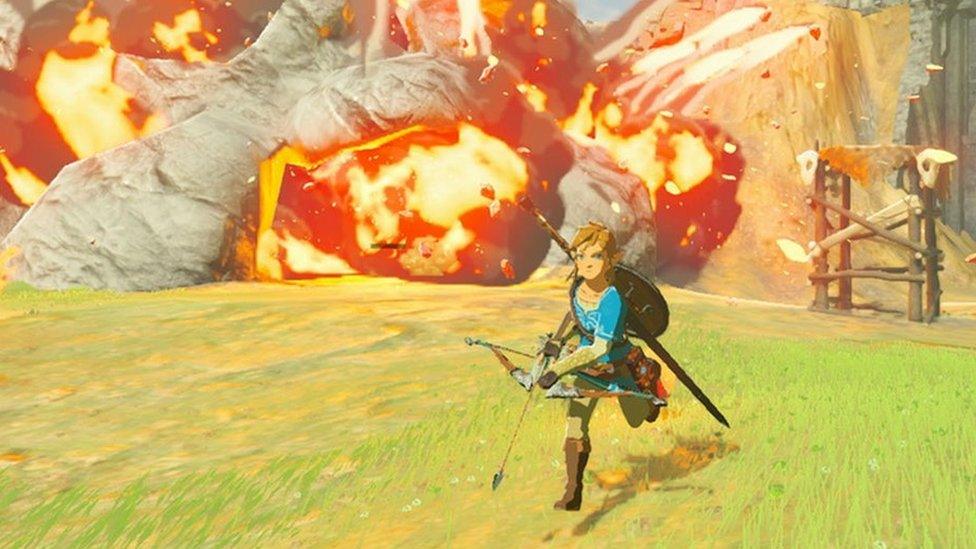
This cave contained secret plans for a Zelda crossover movie
Maybe we shouldn't get too cynical. After all, we're blessed with amazing games and amazing films - even though the two seldom meet.
And who knows? Perhaps with the advent of interactive shows like Bandersnatch, we're approaching some really exciting times as the boundaries blur.
Until then, though, just don't focus on the teeth.
Seriously. Stop thinking about them.
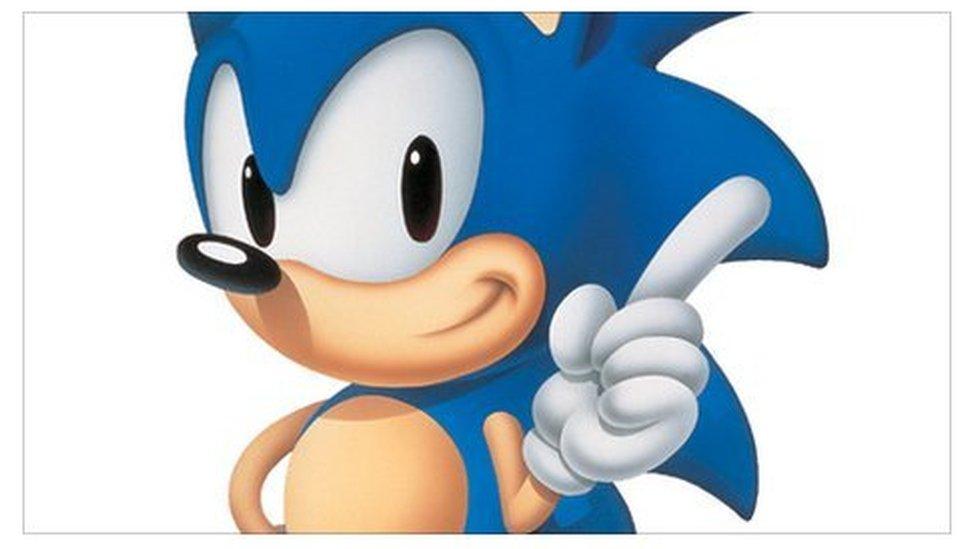


Follow Newsbeat on Instagram, external, Facebook, external, Twitter, external and YouTube, external.
Listen to Newsbeat live at 12:45 and 17:45 weekdays - or listen back here.
- Published22 February 2019
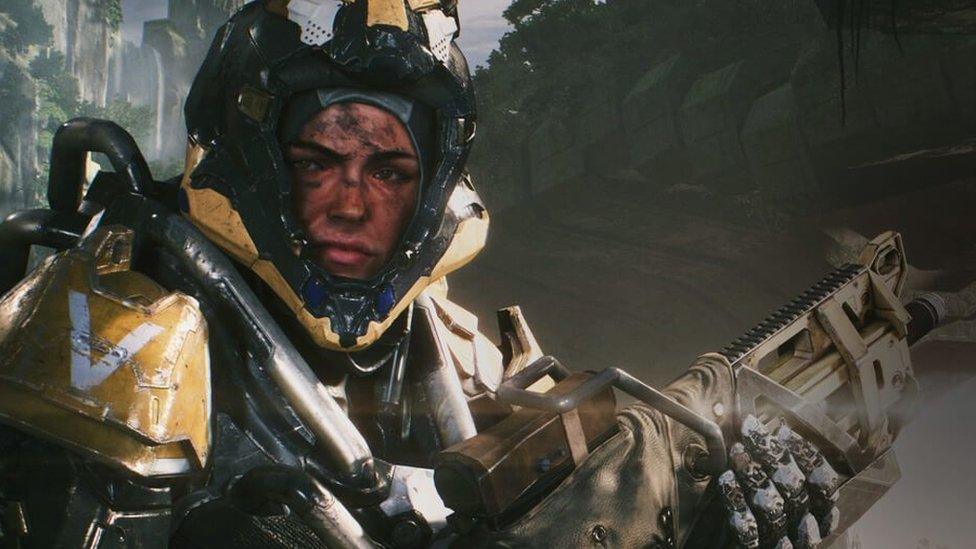
- Published13 November 2018

- Published23 August 2018
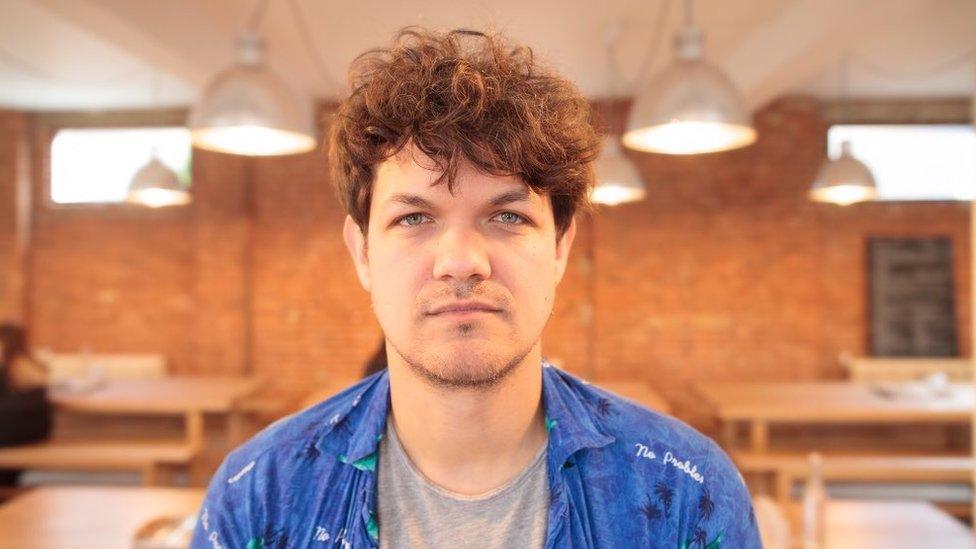
- Published16 May 2016
